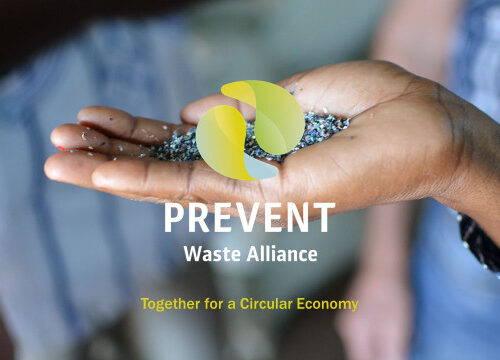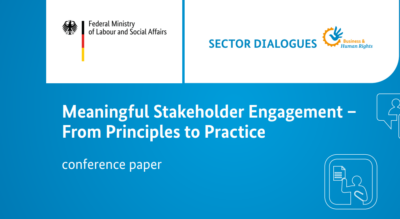This year, Earth Overshoot Day fell on August 1, a day earlier than last year. Since the Global Footprint Network first calculated the Earth Overshoot Day in 2006, the planet’s natural resources are being depleted earlier each year. With the current overuse of resources, we are consuming 1.7 planets – too many for a sustainable future.
Part of the Sustainable Development Goals is to integrate natural resources into circular economies. MSPs make a decisive contribution to this by bringing together key stakeholders from government, industry, civil society, and academia. By joining forces and developing common agendas, MSPs develop innovative solutions that help to reduce resource consumption and minimise environmental impact – in other words, to postpone Earth Overshoot Day as far as possible and thus ensure a more sustainable future.
One example of such an MSP is the Prevent Waste Alliance: an association of over 500 actors from business, civil society, academia, and public institutions that contribute to minimising waste, eliminating harmful substances and reusing resources. In the three areas of plastic, e-waste and batteries as well as organic waste, they aim to protect people and the environment through recycling processes and clear regulations.
For example, the Prevent Waste Alliance supports the Tanzanian government in building capacity to reduce illegal e-waste imports. In Indonesia, the Prevent Waste Alliance is bringing together the complex network of local households, recycling companies and global plastic producers via a digital marketplace to increase the proportion of recycled plastic waste. Similarly, the ValuCred project aims to establish Plastic Credits for payments for environmental services by developing transparency mechanisms along the plastic waste value chain in India, Mexico, Vietnam and Brazil.
MSPs and the Prevent Waste Alliance thus demonstrate the great importance of cooperation and partnership in a world where the sustainable use of resources becomes more important with every Earth Overshoot Day.
Further information can be found here.



